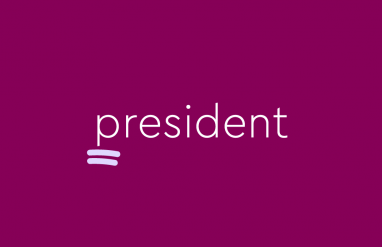Maybe you had your share of teachers who were grammar sticklers and loved to remind you of “The Rules.” If you did, this is one debate they loved to weigh in on—and settle. When it comes to try to and try and, grammarians have a clear favorite.
But we’re here to tell you that both try to and try and can be acceptable. (And we won’t even tell your teachers you’ve abandoned their advice!)
When to use try to
Try and and try to are constructions used to describe an attempt:
- I will try to fix the leaky faucet.
- Ravi will try and fix the broken window.
Try to is the undisputed favorite, with many grammarians arguing that it’s the only correct option. This construction is standard usage and appropriate for all levels of formality in both speech and writing.
Examples of try to in a sentence
- I’m busy right now, but I’ll try to rake the yard this afternoon.
- The boy tried to write in cursive.
- Can you try to move this box?
When to use try and
Grammarians have long labeled try and as incorrect, when really it is just informal and suited for casual use and conversation. They argue that because an infinitive follows the verb (i.e., try to fix, try to rake), the to is essential. But this overlooks the fact that try and has been used in many of the same contexts as try to since at least the 1500s. Also, similar constructions drop the to. The word go drops the to in favor of and: go and talk to Lisa. (Go to talk to Lisa just sounds odd.)
According to Fowler’s Modern English Usage, try and “is an idiom that should not be discountenanced, but used when it comes natural.” And this “natural” use, the guide notes, is “almost confined to exhortations and promises,” which are more common in informal than in formal contexts.
In most cases, try and is interchangeable with try to. But there are some contexts in which try and implies success (do try and behave) and others where try and is ironic and implies failure (try and make me move).
Examples of try and in a sentence
- She will try and visit her sister today.
- Please, try and control your temper.
- The teacher asked the students to try and complete the more challenging math problems.
Try to remember both try to and try and can be used informally, but one is more formal than the other—and will please the grammarians in your life.














